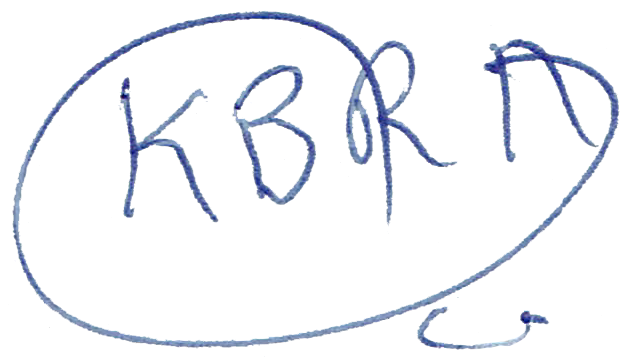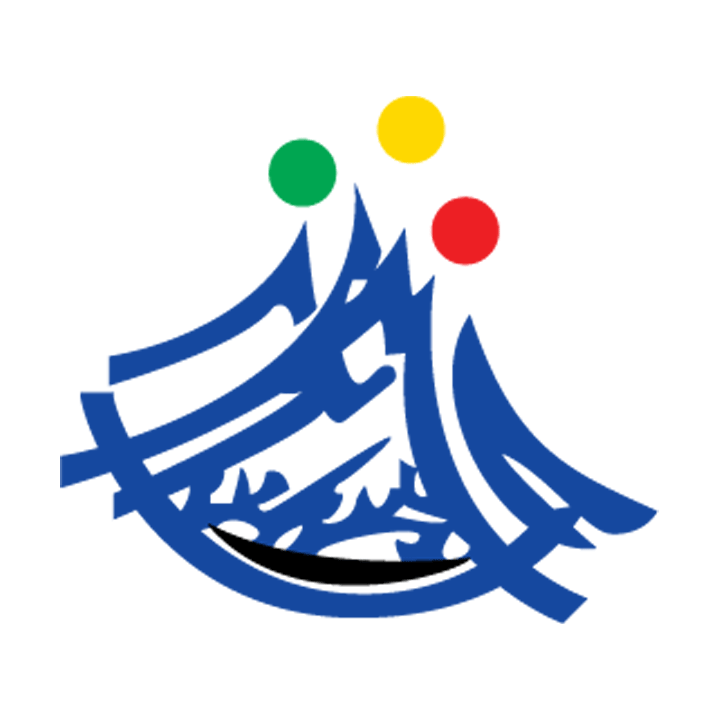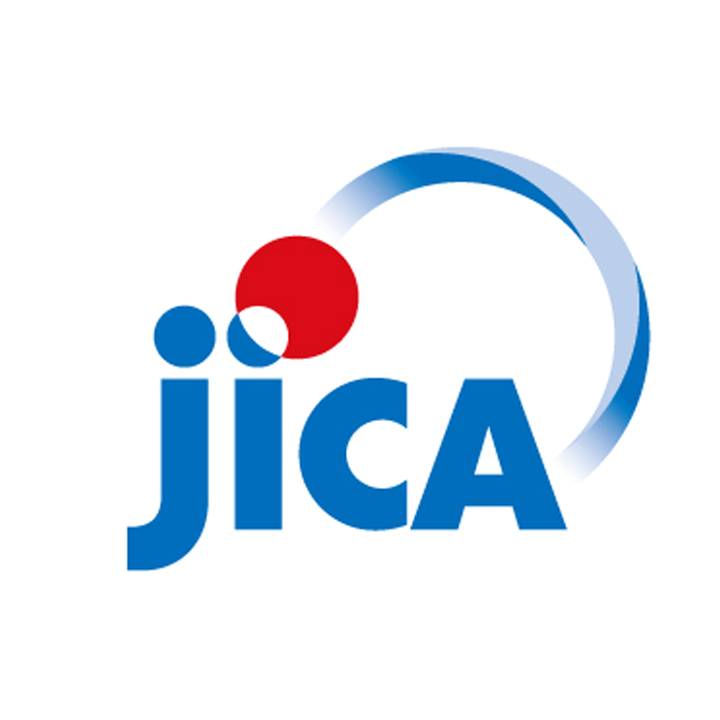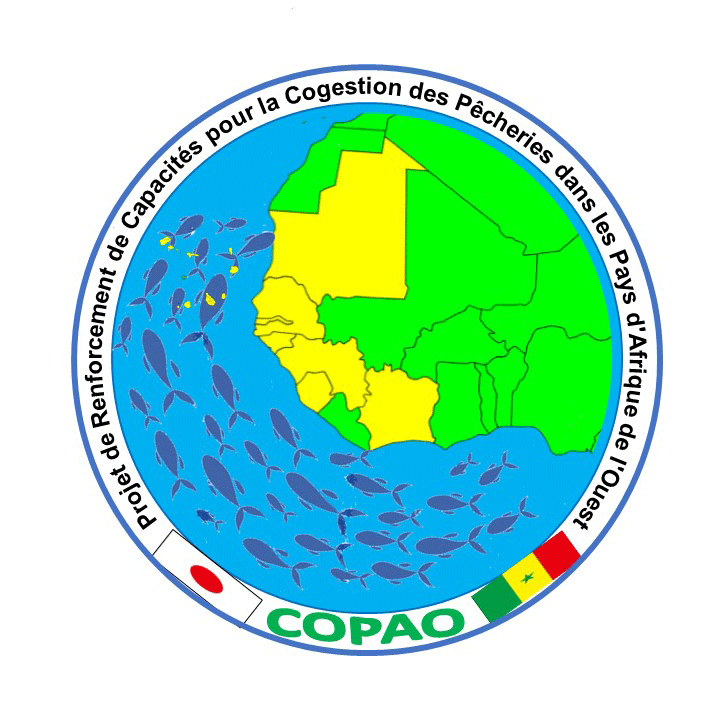Partners
JICA
The Japan International Cooperation Agency (JICA) has been actively supporting the fisheries sector in Senegal for many years. Co-management of fisheries resources, especially in small-scale fisheries, has been a prominent issue in our cooperation.
We would like to express our sincere gratitude to the Ministry of Fisheries and Maritime Economy of Senegal, the Commission Sous-Régionale des Pêches (CSRP) and all parties involved for their support during this long period of cooperation.
We recognize that while the outcomes of the cooperation have been significant, there have not been sufficient opportunities to consolidate, document, and disseminate them. These guidelines and case studies are a welcome development, as they represent the culmination of the Projet de cogestion des Pêches en Afrique de l'Ouest (COPAO) project and summarize the results of our cooperation to date.
Japan has experience in co-management of small-scale fisheries resources. However, in some cases, it is difficult to directly apply this experience to other countries because of Japan's unique socio-economic system, such as the existence of fisheries cooperatives, the granting of fishing rights, and the establishment of rules necessary for resource management. On the other hand, over the years of cooperation with Japan, Senegal has succeeded in establishing a framework for co-management of resources in a form appropriate to Senegal's unique socio-economic situation. This experience can be readily applied to neighboring countries. Leveraging and sharing this valuable experience with more countries will contribute to the sustainable management of fisheries resources throughout the region.
JICA will continue to actively explore opportunities for cooperation in Africa's fisheries sector and make further efforts to promote the sustainable management of fisheries resources. It is our hope that JICA will further collaborate with all the parties involved in pursuit of our common goal.
Takao Shimokawa, Director General, Economic Development Department, JICA

CSRP
It is with great satisfaction that I present to you this captivating work on the Co-management of Fisheries Resources, the fruit of a fruitful collaboration between the Senegalese Maritime Fisheries Directorate and the Japan International Cooperation Agency (JICA) within the framework of the Capacity Building Project for the Co-management of Fisheries in West African Countries (COPAO). In my capacity as Permanent Secretary of the Sub-Regional Fisheries Commission (SRFC), I would like to express our gratitude for the collaboration between the Republic of Senegal and the Japan International Cooperation Agency (JICA), which we highly appreciate. As a regional organization for fisheries cooperation, the SRFC is committed to fulfilling its essential missions, namely harmonizing the fisheries resource management policies of its member states and strengthening cooperation.
More specifically, the management of fishery resources targeted by artisanal fishing requires the active involvement of local actors, such as fishers and fishing village communities, as a complement to administrative measures. We therefore wish to express our delight at the joint commitment of Senegal and JICA in this crucial area. Their combined efforts have demonstrated the value of the practice of "co-management", a fundamental element in the management of fishery resources for artisanal fishing in the world, our sub-region and particularly in Senegal (the main country of implementation of the project) where the number of artisanal fishermen and the social and economic importance of their activity is well known.
At the end of the 2000s, the SRFC concretely embraced the co-management approach, notably through the AFD-supported "MPAs and Co-Management" project for the development of co-management initiatives and the integration of Marine Protected Areas into fisheries management in West Africa. Recognizing co-management as a principle of governance based on the sharing of responsibilities between public players, the private sector and user communities, this project aimed to improve the quality of information, encourage its exchange, evaluate management options more effectively, and facilitate decision-making. It has played a significant role in strengthening co-management mechanisms, influencing the development and implementation of fisheries policies in SRFC member states, while promoting Marine Protected Areas.
We recognize that thanks to the cooperation between Senegal and JICA, significant progress has been made in the field of co-management of fisheries resources. These successes mark a significant step towards improving the livelihoods of artisanal fishermen and promoting the sustainable use of fishery resources. However, we are aware that the achievements of co-management have not been adequately documented and disseminated.
We are therefore delighted to preface this "Guide to co-management" and the "Case studies" produced by the Ministry of Fisheries and Maritime Eonomy,haten Senegal and JICA in collaboration with Mauritania, Gambia, Cabo Verde, Republic of Guinea, Guinea Bissau, Sierra Leone and Cote d'Ivoire. These achievements will become invaluable tools for strengthening our efforts towards harmonized sustainable management of fisheries resources, whether within the SRFC member states or in collaboration with our sister countries in the Gulf of Guinea, which share our concerns.
At the heart of this book is a guide dedicated to the sustainable management of fisheries resources, designed to support governmental organizations and local authorities involved in this crucial mission. The book's four chapters provide a methodical introduction to the challenges and opportunities inherent in co-management.
The guide unveils the fundamentals of resource co-management, highlighting the need to create solid local organizations capable of faithfully representing the aspirations of the population. Coordination of interests and consensus-building between stakeholders are addressed with particular attention, underlining the importance of concerted mechanisms for reaching sustainable agreements.
The guide then turns to the establishment of an effective resource management implementation system. From the training of stakeholder leaders to collaboration between fishing villages, each step is described, offering practical perspectives for strengthening co-management.
Implementation of resource co-management measures, the central theme of the third chapter, explores the specific challenges associated with the current situation. From adjustments to fishing effort to habitat improvement, each measure is developed with particular attention to ensuring sustainable and balanced resource management.
Finally, the guide underlines the crucial role of administrations in the success of co-management. From working with fishermen to creating a solid legal framework, to promoting the dissemination of best practices, this section highlights the importance of the authorities' ongoing involvement in the process.
This book is not just a guide; it is a call to action, a tangible resource for all those involved in preserving fishery resources. May the lessons contained in these pages guide efforts towards sustainable and ethical fisheries management in the region.
In conclusion, the SRFC is committed to intensifying its cooperation with Japan and to playing a leadership role in the field of fisheries resource management. We hope that this cooperation will continue to promise new successes and develop as a valuable framework for the sustainable co-management of fishery resources targeted by artisanal fishing, thus ensuring their preservation for future generations.
Dr Khallahi Brahim,
Permanent Secretary of the SRFC



